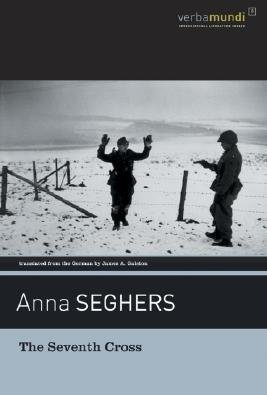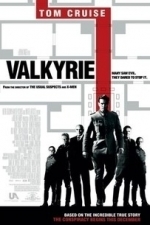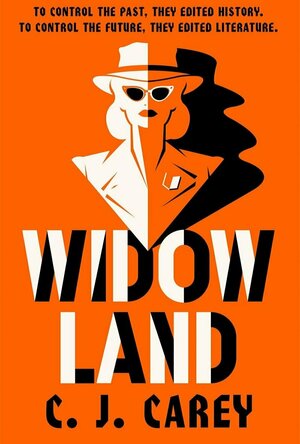Women and National Socialism in Postwar German L - Gender, Memory, and Subjectivity
Book
In recent years, historians have revealed the many ways German women supported National Socialism --...

Sparta's German Children: The Ideal of Ancient Sparta in the Royal Prussian Cadet-Corps, 1818-1920, and in National-socialist Elite Schools (the Napolas), 1933-1945
Book
The use by the Nazi regime of idealised images of ancient Sparta is increasingly recognised as an...
How Not to Network a Nation: The Uneasy History of the Soviet Internet
Book
Between 1959 and 1989, Soviet scientists and officials made numerous attempts to network their...
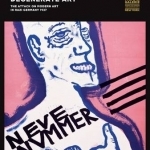
Degenerate Art: The Attack on Modern Art in Nazi Germany 1937
Book
This book accompanies the first major museum exhibition devoted to a reconstruction of the infamous...
ClareR (6096 KP) rated The Seventh Cross in Books
Aug 22, 2018
This story is jam packed with characters from all sides of the German story: National Socialists, Communists, the SS and the ordinary working German,
Georg Heisler (I’m using the German derivative of his name; I have no idea why his name was anglicised to ‘George’ whilst other characters kept their German names) escapes from a fictitious concentration camp (Westhofen) along with six other men. This is pre World War II, this is what the National Socialists did to their own countrymen and any dissent.
The story follows the recapture of the other six, Georg’s escape and all those who help him. Persecution on this scale is still happening today, and whether or not it is happening, we should still read about it and remember, in order to ensure that it doesn’t happen again.
I’ve touched on the language and style. It’s not easy. It wasn’t easy to read and understand in German, and it can be hard going in English. It seems quite detached from emotion, and I think this is a deliberate device. If we look at the historical context, people clearly disengaged froma large part of what was happening around them. One of the SS soldiers refers to “Sarah’s”; the men in the concentration camp are there being starved and tortured due to their political ideology, and people live within hearing distance, hear the shouting, crying and the pain of the prisoners and do nothing: an embarrassed shrug, a closing of their ears.
This is the part that we should never forget: inaction, and the necessity to stop these things in their tracks at the beginning, rather than before it’s too late.
Georg has his helpers, those who risk their lives to save his (just as Seghers and her husband, both communist Jews had their helpers). The startling thing to me about this novel, is the normalcy: the countryside stays the same, the relationships, work. All seemed normal in the face of such evil. This is a novel to remember and learn from. It has as many lessons for us today as it did seventy years ago,
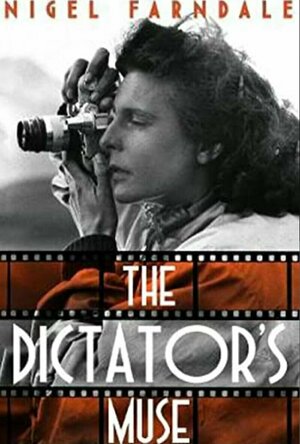
The Dictator’s Muse
Book
It is the early 1930s, and Europe is holding its breath. As Hitler's grip on power tightens,...
Historical fiction WW2 National Socialists Blackshirts Berlin Olympics
ClareR (6096 KP) rated Aftermath: Life in the Fallout of the Third Reich, 1945-1955 in Books
Feb 1, 2022
The black market was also a huge earner for many German citizens: one teenager is described as having thousands of Marks worth of cigarettes in his house. Money was there to be made for the improvising, bold, German!
What probably resonated with me most, was the lot of the German woman. They had been expected to be the perfect German Female during National Socialism, then experienced a kind of social and sexual liberation after the end of the war. However, when their husbands and men returned from captivity (or just made their ways home), they found themselves being expected to revert to the stereotypical role of the housewife. But they wanted more. They wanted to continue in careers, they wanted equality, and they didn’t necessarily want to deal with broken, defeated husbands (as cruel as this may seem).
What really surprised me, was how was how former Nazi party members still worked in positions of influence, both politically and in industry - and this was the case in both East and West Germany. Even though the Allies made a point of ‘educating’ German citizens about the holocaust, National Socialists seemed to largely escape punishment and carried on with their lives. Their children may have had their doubts as to their parents innocence, and the real movement to ‘out’ the national guilt didn’t really get going until the 1960’s, but there was dissent in the 1950’s already.
I could go on. This is such an interesting book, and written so accessibly. It didn’t read at all like a dry history book, and the photos and posters from the time are well chosen and really add to the book as a whole. This isn’t just a history book for history buffs.
ClareR (6096 KP) rated Valkyrie (2008) in Movies
Jun 23, 2019
I was really surprised (pleasantly!) by Cruises acting in this. After my initial horror at the opening sequence where he was talking in German (my children asked if he would be speaking German throughout, and were fully prepared to go to bed early - they didn’t want to read subtitles for a whole movie, I didn’t want to hear the shocking pronunciation!😆), it really picked up! The British actors really made it for me (I could well be accused of bias, but well, I don’t care 🤷🏼♀️), and Eddie Izzard was the most surprising - I really need to stop being surprised that he can act well!
It’s a good film! We had a good family film night anyway, and I think it’s worth watching.
Even though there’s a huge shortage of young men (they’ve been ‘shipped off’ to the rest of occupied Europe to ‘work’) and women greatly outnumber men, women are divided into categories, or castes. These depend on their age, heritage, reproductive status and physical characteristics, and each category is named after a significant woman in Hitlers life. Rose is a Geli, one of the elite. Young, beautiful, and most importantly, fertile.
I thoroughly enjoyed this and read it far too quickly. It had a black and white, 1950’s movie atmosphere about it, and I could easily picture the people and scenes in my head. It brought to mind The Man in the High Castle with regards to Occupation, and 1984 with regards to feeling as though you’re constantly watched - as well as the people being told how to react, think and live. This was especially evident in Rose’s job: she rewrites classics so that they’re in line with the regimes ideals: so no independent, strong females, and all the male leads are changed to Sturmbannführer (at least!).
The drudgery of everyday life made me think of how I envisaged life in the GDR - as well as only allowing state sanctioned literature, there was only one radio channel in Grand Alliance Britain, with some brave people listening to illegal foreign radio stations, knowing that this could result in extreme punishment.
When Rose goes to Widowland near Oxford (there are a few throughout the country) to find the source of a potential rebellion, she’s shocked to see older women living in abject poverty, only permitted to eat a subsistence diet and work menial jobs. But these women are intelligent, and they’re not happy in their state regulated lives. Between her reading of classic books and meeting these women, Rose begins to see what’s wrong with the world she has been living in, and this dawning realisation is so well described. We see how reading ‘subversive’ classics seems to get under her skin, and how she realises that the treatment of women is wrong in this Grand Alliance.
I could go on and on. I raced through this book, and I loved the ending, which came far too quickly!
Many thanks to Quercus for my copy of this book through NetGalley.

